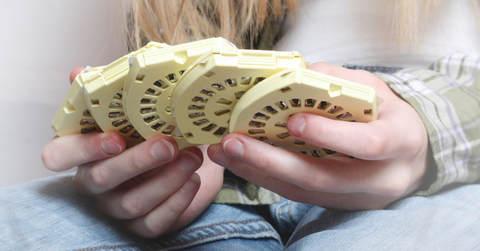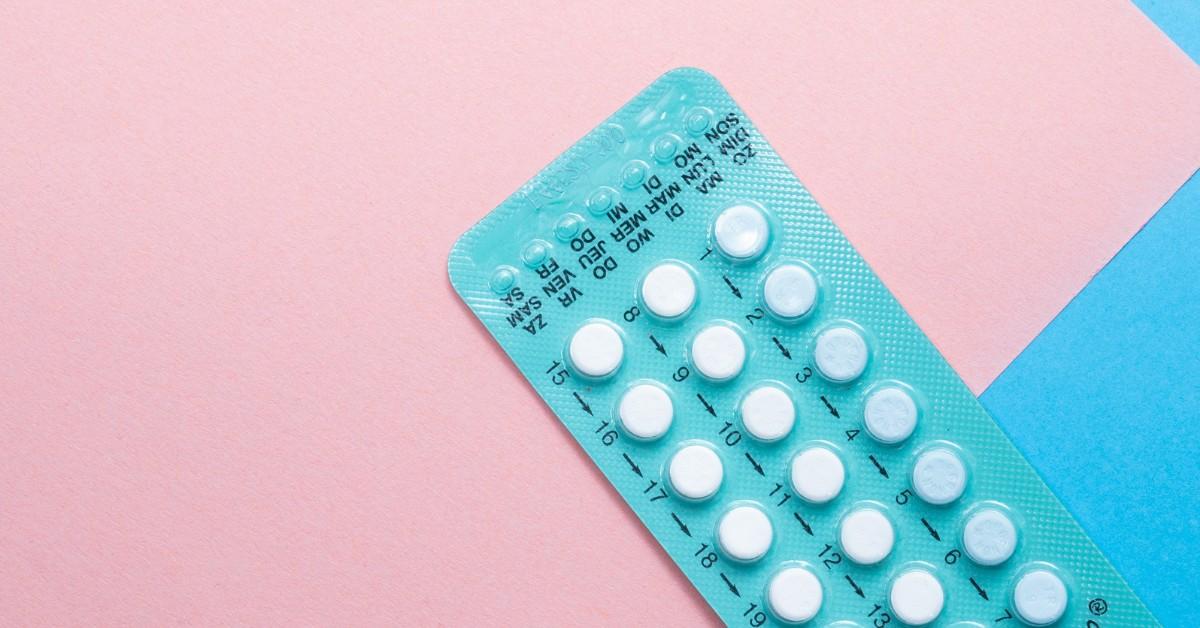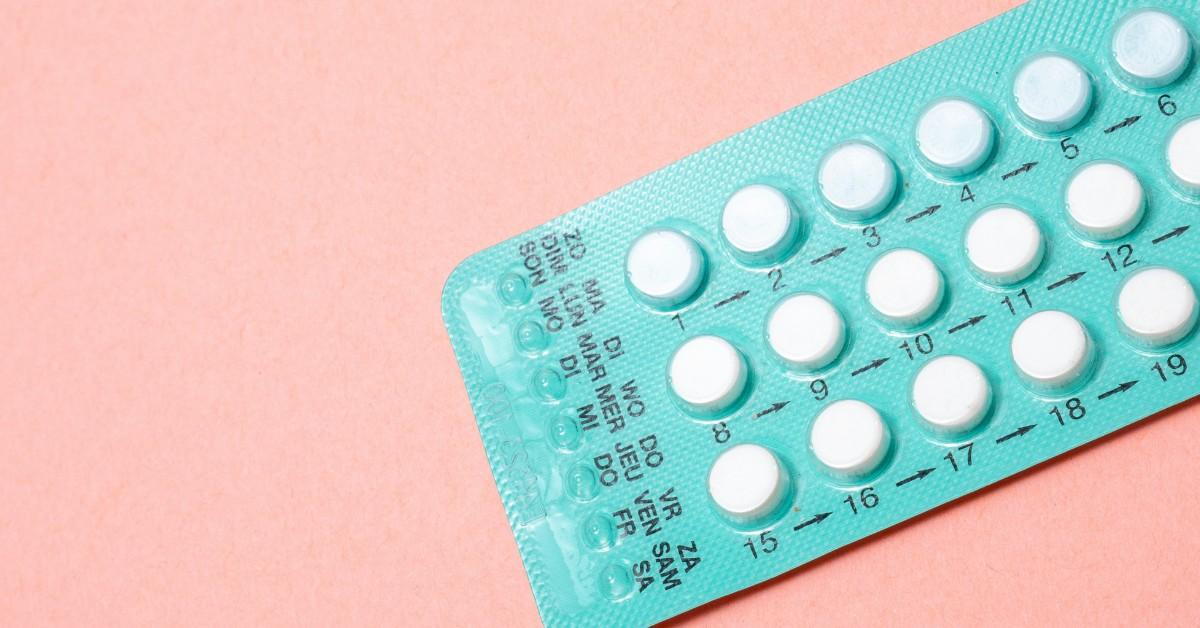Fact Check: Does Female Birth Control Work for Men?
If you're assigned male at birth, you'll want to read this before popping any birth control pills designed for women.
Published March 27 2025, 4:25 p.m. ET

Anyone who has ever had a sex ed class in high school has likely heard that, when taken correctly, birth control can be around 99 percent effective at preventing unwanted pregnancy. It's a fact that gets hammered home by most health and reproductive wellness teachers, along with the fact that the only 100 percent effective way to prevent pregnancy is to abstain all together.
But, what happens when the person taking birth control was assigned male at birth? For cisgender men, popping the daily dose of hormonal birth control isn't going to have the desired effect. In fact, in some cases, taking female birth control can have negative consequences as well. Keep reading to learn more.

What happens if men take birth control?
While it may seem like having both a male and female partner on hormonal birth control could help get that 99 percent figure a little higher, the experts at Planned Parenthood say that it actually doesn't work the way you may think it does.
Instead, they say that not much will happen when a man takes one or two doses of female birth control. However, they caution that if a man takes more than one or two pills, there may be some unexpected health risks.
According to LifeMD, hormonal birth control pills are designed to help control the estrogen and progesterone levels that fluctuate when a woman ovulates. When used as directed, these pills will chemically alter those levels, preventing them from triggering ovulation. Without ovulation, there is no egg released, which prevents an egg from being fertilized during sex.
Because men do not ovulate, the introduction of additional estrogen and progesterone can't effectively interfere with reproduction, rendering the pills useless.
But, if a man takes these pills over an extended period of time, he may find himself dealing with some unwanted symptoms related to the increased hormones. At first, LifeMD says that those symptoms may include a few mild annoyances, like headaches, nausea, mood swings, and fatigue.

However, if a man takes these pills for more than a few days, the symptoms would become more pronounced, and could include some noticeable physical differences, like changes in the breast tissue that would make the breasts appear more pronounced. Additionally, men might see a reduction in the growth of body hair.
Those mild symptoms from short term use could also become more obvious, and may even include more significant mood swings and a loss of interest in sex.
Researchers are working on a hormonal birth control pill for men.
While a birth control pill designed for women clearly doesn't solve many problems for men, one manufactured with them in mind could. However, the development of a hormonal birth control pill for men has been slow to make progress, according to WebMD.
That's because many of the pills and treatments that have been studied have come along with negative side effects as well.
And, while it's worth noting that that many of these side effects are the same ones that are experienced by the millions of women who take female birth control every day, scientists have been slow to move forward on these formulas.
That being said, there's always a chance that things could change in the future. For now, one thing is for sure, if preventing pregnancy is your goal, taking a pill designed for women isn't going to do the job.